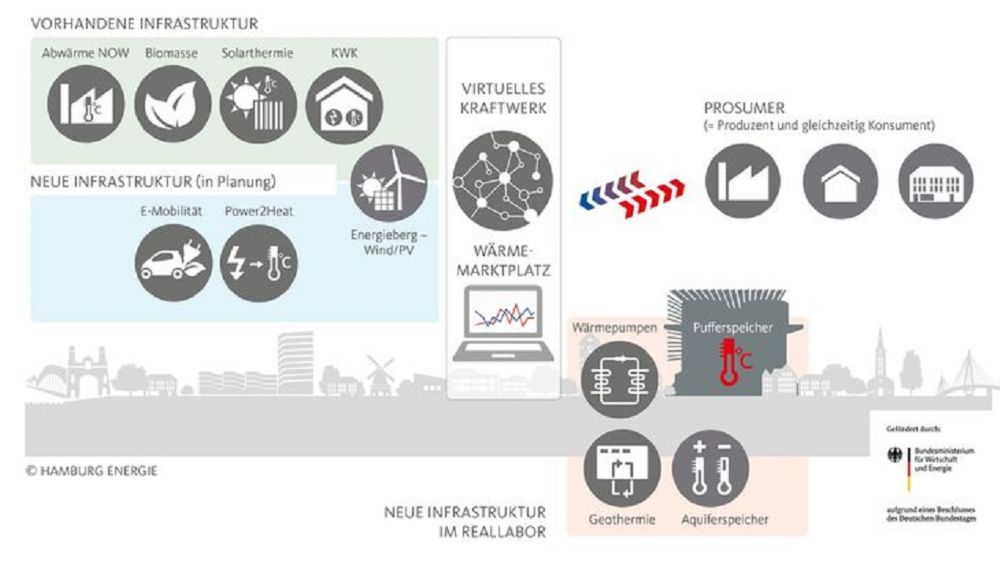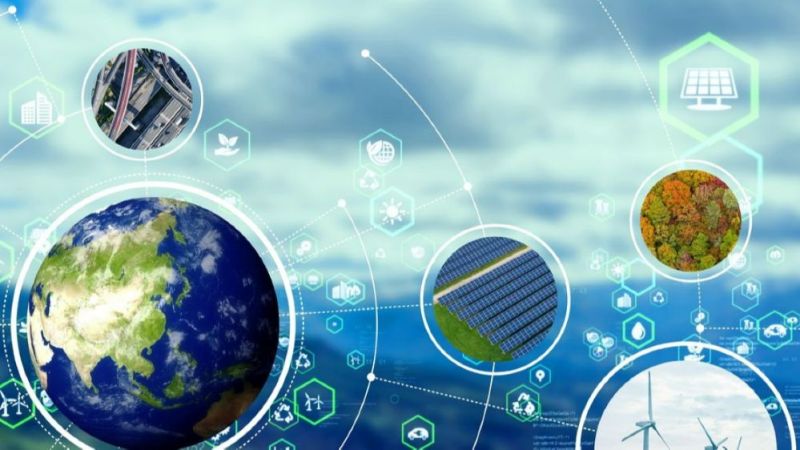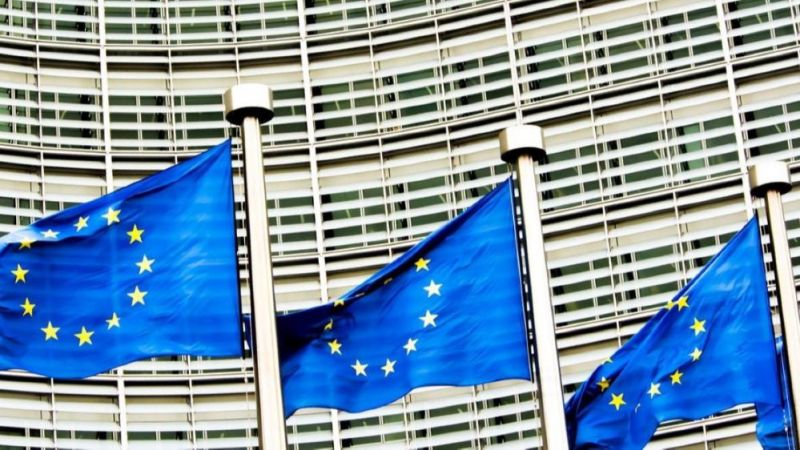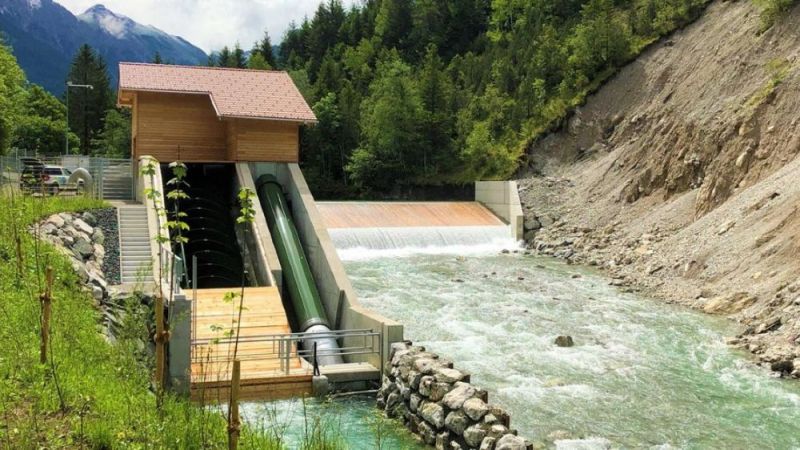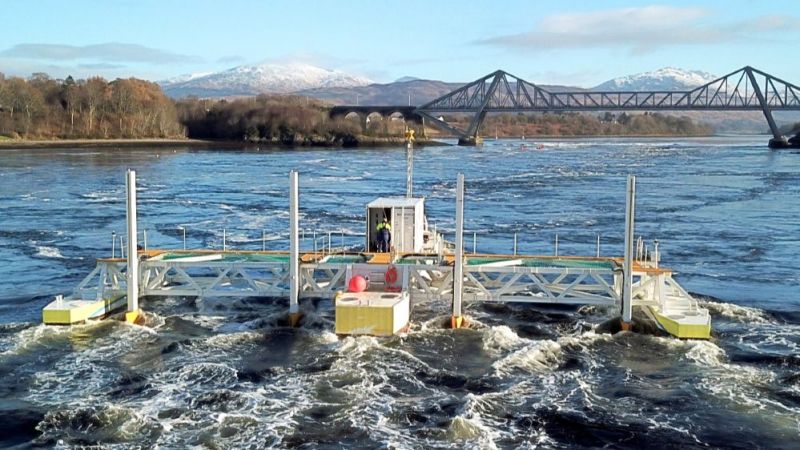Geothermal energy, Wind power
Real-world laboratory IW³ starts in Hamburg
The real-world laboratory is used in the Wilhelmsburg district to demonstrate solutions for a climate-friendly heat supply for urban districts.
IW³, short for Integrierte WärmeWende Wilhelmsburg, is intended to show ways in which a renewable energy provision can be successful in urban areas where housing, business, transport and infrastructure are combined. Hamburg Energie is coordinating the sectors of power, heating and mobility to ensure a sustainable and secure supply of power to this rapidly growing district of Hamburg. The project team also intends to test new generation and storage technologies and business models. The central target: Linking the various climate-friendly energy generators and storage systems so intelligently to the consumers that energy is always available when it is needed.
The real-world laboratory in Wilhelmsburg, a district with a population of almost 70,000, can act as a beacon for the sustainable conversion of urban spaces and develop its impact even beyond Hamburg. The technologies and methods applied here can in future be used as a blueprint for districts and cities throughout Germany.
Geothermal energy for the local heating network
In order to create a functioning overall system, the sectors are coupled in the real-world laboratory by means of a virtual power plant and several renewable generators are combined with each other. A new geothermal plant feeds geothermal energy into the local heating network or, in case of a surplus, into a near-surface storage system, initially purely as a heat generator. Power generated by existing wind power and solar thermal plants is also integrated into the overall system according to demand. The power generated can for instance be used for e-mobility. It can also supplement the heat supply using power-to-heat technologies, that is, the generation of heat with electrical energy.
IW³ is one of 20 winning projects of the ideas contest "Real-world Laboratories of the Energy Transition" by the German Federal Ministry for Economic Affairs and Energy, which were announced in July 2019 by Federal Minister for Economic Affairs Peter Altmaier. The real-world laboratories are used to implement future-oriented projects on an industrial scale. In the Federal Government's 7th Energy Research Programme, they are intended to serve as a funding format to support the practical transfer of innovative technologies and methods for the energy transition and accelerate the restructuring of the German energy system.


